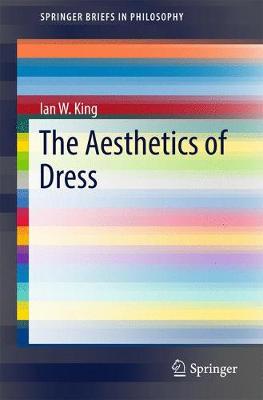SpringerBriefs in Philosophy
1 total work
This book explores the relationships between how the body appears and feels in everyday life through aesthetics. The recent shift away from Kantian aesthetics towards a more enacted route places at its core the realization that the world is experienced as possibilities for action, and critical to this understanding is how the body's movement generates multiple pre-linguistic experiences and meaning. This route therefore realizes the importance of the body's role in working in conjunction with cognition in generating these experiences. Nevertheless, this attention has predominantly focused on how the body 'feels' through engagement, rather than how it appears. This might be problematic as it is essential to appreciate that the body is not naked in everyday life, and therefore through dress we look to restore the balance between appearance and feel.
We 'dress' our bodies to communicate - to express our confidence (or not), identity, status, aspirations, affiliations etc. We dress according to the situation/audience etc. It might be to attract attention, to protect or to hide the body. It might be to accentuate height, or religious belief, or simply to shock or conform. Essentially, it is not simply clothing that we wear that achieves this - for example, hair, makeup, jewellery, handbags, shoes, piercings, tattoos - cumulatively these constitute how we 'dress' our bodies. Thus, the appearance (as well as the feel) of the body is significant if we are to appreciate an enacted approach to aesthetics.
